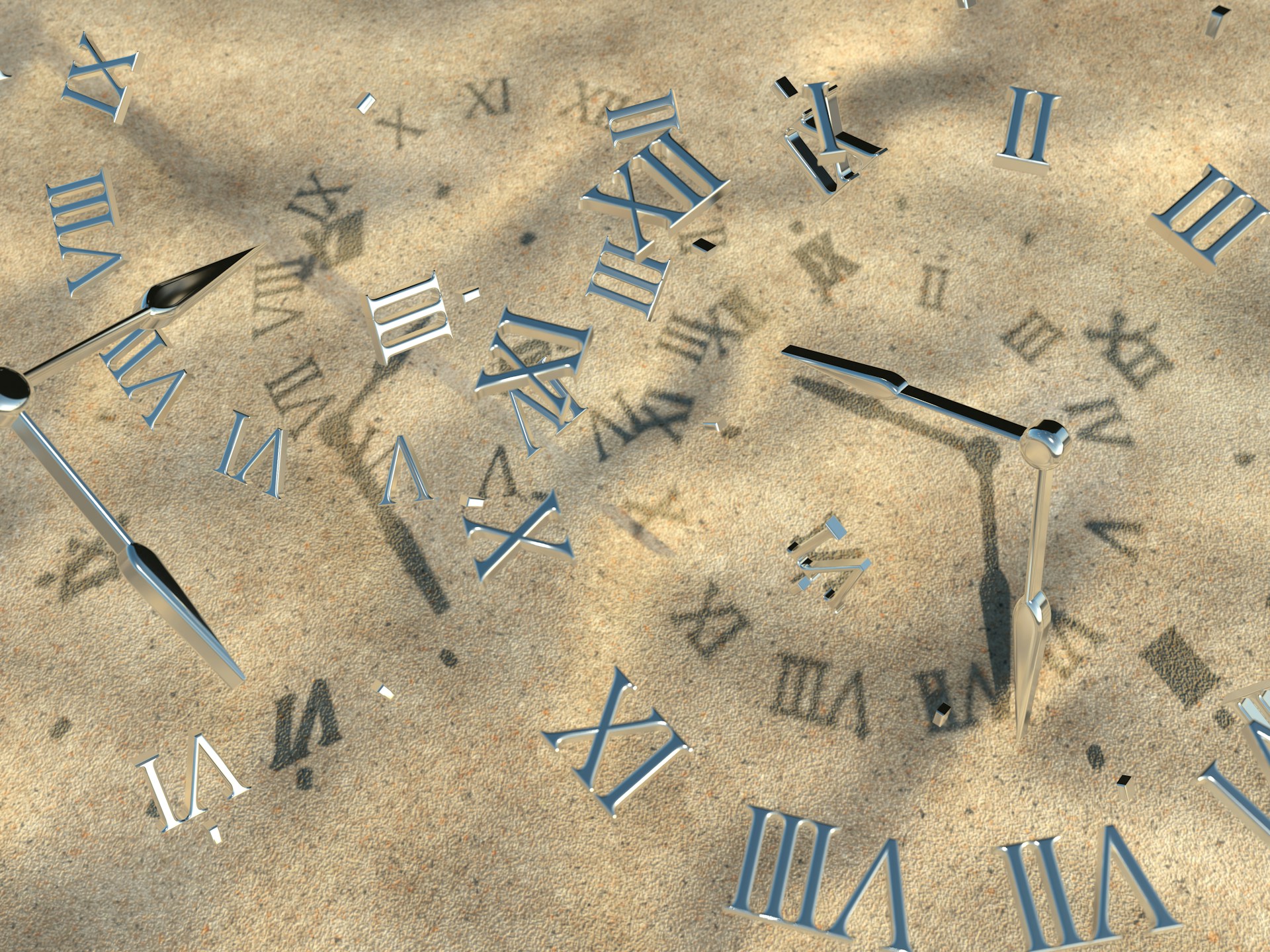Sanctifying Time: The Gift of Morning and Evening Prayer
National Liturgical Council

Across the arc of each day, the Church offers a rhythm of prayer known as the Liturgy of the Hours, a sacred tradition that allows us to pause, breathe, and become aware of God’s presence in all things. Sometimes called the Divine Office or the Prayer of the Church, this is not a devotion for clergy or religious alone. It is the public prayer of the entire Body of Christ intended for all the faithful.Of all the Hours, Morning Prayer (Lauds) and Evening Prayer (Vespers) hold special significance. These “hinge hours” mark the beginning and end of our daily journey and are especially well-suited for communal use at parish gatherings, in households, and even within school communities. They help us make time sacred, offering our lives back to God in praise and petition.An Ancient Rhythm for Today’s WorldRooted in Jewish prayer practices and shaped by centuries of monastic tradition, the Liturgy of the Hours is one of the oldest continuous practices of the Church. The Second Vatican Council urged its revival among the laity, especially in parish life (see Sacrosanctum Concilium 100).The structure is beautifully simple and remarkably adaptable. At the heart of this daily rhythm are the Psalms, the Church’s ancient collection of prayers and songs. Alongside these are short readings from Scripture, intercessions, gospel canticles (such as Zechariah’s Benedictus or Mary’s Magnificat), hymns, and space for silence and reflection.
- Morning Prayer celebrates the gift of a new day: “O God, you are my God, for you I long; my soul thirsts for you” (Psalm 63).
- Evening Prayer gathers up the events of the day and entrusts them to God: “Let my prayer rise before you like incense” (Psalm 141).
Prayer That Belongs to AllUnlike private devotions, the Liturgy of the Hours is the Church’s official prayer, second only to the Eucharist as regular liturgical prayer (General Instruction on the Liturgy of the Hours, 12). When we pray it, we do so with the Church, for the Church, and as the Church, even if we are praying alone at home.It unites us:
- with the Church universal, praising God in many languages across time zones;
- with creation itself, rising and resting with the sun;
- and with Christ, who continues to intercede for the world.
As Vatican II reminds us, this is a prayer not only to God, but with Christ and in Christ.Practical Ways to Introduce the HoursWhether you’re a parish liturgy team, a Catholic family, or a school community, Morning and Evening Prayer can be a beautiful and accessible entry point into the Liturgy of the Hours. Here’s how:In the Parish
- Use Morning or Evening Prayer to begin or end parish meetings or formation sessions.
- Schedule a seasonal series (e.g., during Advent or Lent) with simple sung psalms, candles, and reflective silence.
- Incorporate into parish missions, pastoral councils or weekday prayer gatherings.
In the Home
- Begin or end your day with a simple form of Morning or Evening Prayer as a family.
- Use the same hymn or psalm for a week so children become familiar with it.
- Let children lead the intercessions or candle lighting.
In the School
- Begin assemblies or staff briefings with a short form of Morning Prayer.
- Design classroom prayer rituals using a simplified form—one psalm, a reading, and the Benedictus or Magnificat.
- Use music to help students remember and participate in Gospel Canticles and psalms.
During the Seasons
- Advent: Light candles each morning or evening as part of prayer.
- Lent: Use Psalm 51 or 130 to anchor communal repentance.
- Easter: Celebrate Morning Prayer outdoors with joyful psalms of praise.
Keeping It SimpleThe Liturgy of the Hours doesn’t have to be overwhelming. In fact, simplification is key:
- Choose just two psalms (e.g. Psalm 63 in the morning, Psalm 141 in the evening).
- Use repeatable elements, like a familiar hymn or refrain.
- Include periods of silence, allowing space to breathe and reflect.
- Print a simple leaflet for recurring use.
- Use online tools to discover the daily texts.
An Invitation to Reclaim Sacred Time
In a culture of noise and haste, the Liturgy of the Hours invites us to pause, to breathe, to praise. It honours the sacredness of time and places our busy lives in rhythm with the Gospel. Morning and Evening Prayer are gifts, ancient yet ever new, through which we learn to pray as the Church and live more attentively to God’s presence in all things.
